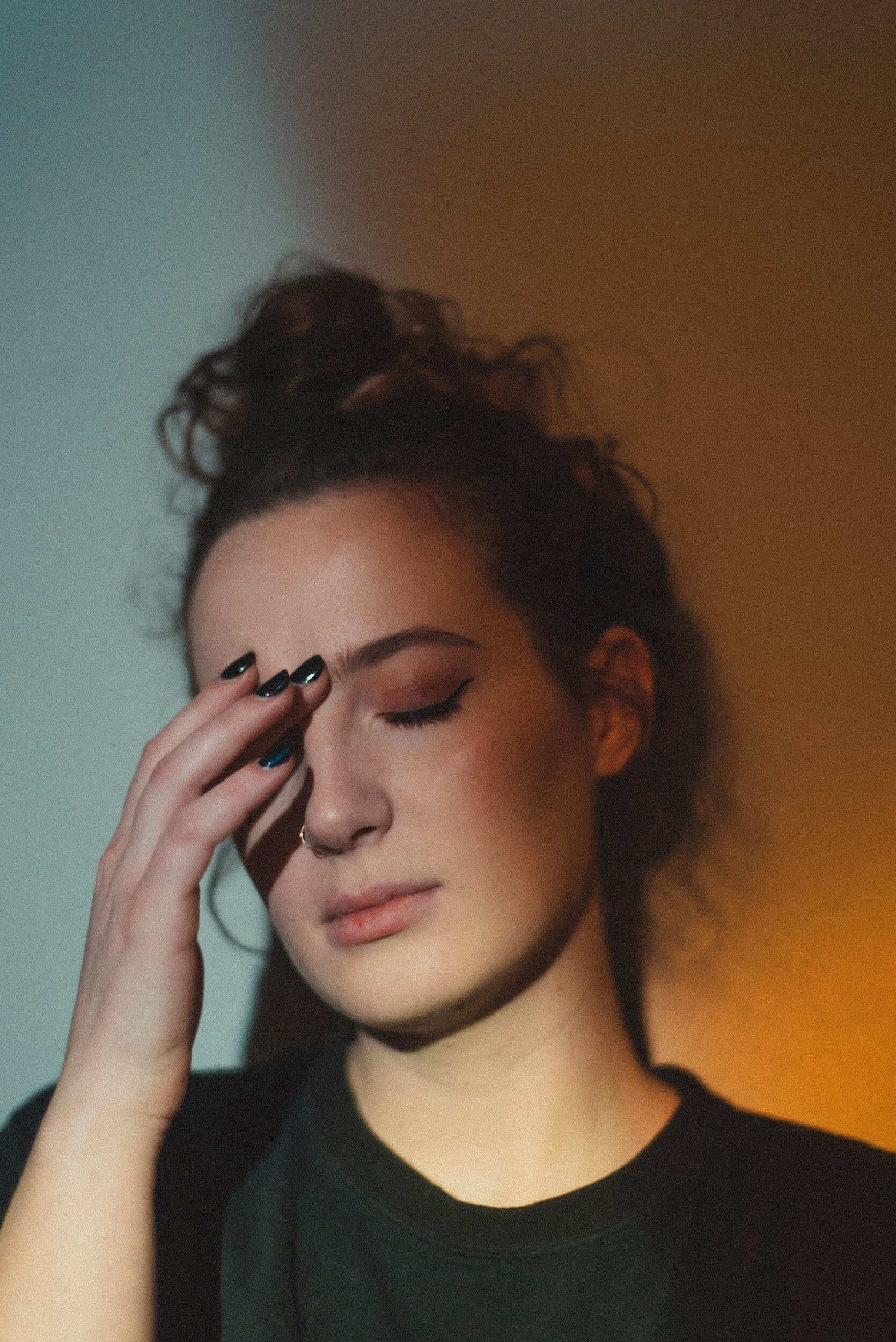
Anxiety
Depression
Post Natal Depression
Anxiety
Anxiety is the most common mental illness in Australia, affecting an estimated 2 million Australians every year. Sadly, only around one third of people living with anxiety seek treatment.
While it’s quite normal to feel anxious in stressful situations, if you are feeling you are living in a state of extreme anxiousness all the time, for no particular reason, this could be a sign of a psychological disorder and it’s time to seek some help.
If you’re not sure what an ‘unhealthy’ level of fear should feel like, it may show in some of the following symptoms:
Insomnia
Feeling fearful, uneasy or panicked with no reason
An increase in heart rate and breathlessness, chest tightness
Muscle tension
Inability to concentrate, make decisions, or be still or feel calm
Overthinking everything
Nausea
A fear of attending events
A fear of leaving your house or area of comfort
If you’re experiencing some or all of the above it might be time to sit down with me and have a chat on the couch.
Depression
Depression can be an extremely debilitating experience that can affect your quality of life.
Depression can range in form from mild to severe and often leaves people feeling ‘stuck’ in their sadness, hopelessness and a sense of not ever being able to imagine being happy again.
Signs of depression can include loss of appetite, or conversely comfort eating, no motivation and low self esteem. Other signs that you might be experiencing depression include:
Depressed mood most of the day nearly every day, crying
Numbing of feelings, no joy or sadness
Significant decrease in taking an interest in life in general, or being able to find pleasure in activities
Changes in your weight
Feeling fatigued, fidgety or listless
Inappropriate feelings of guilt, or very critical of everyone
Lack of concentration or finding it hard to make clear decisions
Post Natal Depression
Postnatal depression and anxiety is not something that can only happen after your first baby. It can actually occur after any baby.
While it’s important to note that many new parents can develop postnatal depression or anxiety, some people are considered at a higher risk due to events or issues in their lives, or their personal make up.
Some factors that may contribute include:
A family history of anxiety or depression
A disappointing or traumatic birth
Trouble within a relationship or abusive, controlling behaviour
Life stressors
A difficult pregnancy
Lack of emotional or social support
The most important thing to remember is that you are not alone. All of our sessions are designed to help you free yourself from feeling ‘stuck’ and provide you with tools to continue on your wellness path





